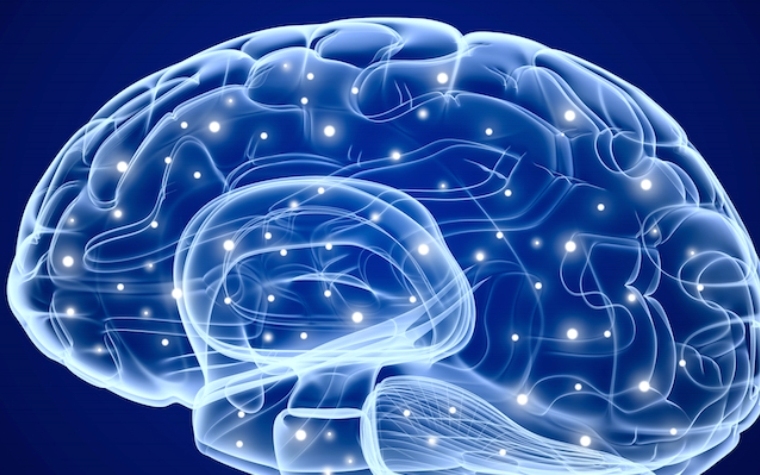
Gene expression recently caught the attention of neuroscientists at the University of Pennsylvania’s Perelman School of Medicine, who subsequently undertook a study to see whether prenatal brain development can impact mental illness later in life.
Using organic models made from human stem cells, called organoids, in addition to animal models, Dr. Guo-li Ming and Hongjun Song of the Perelman School of Medicine determined that glitches in brain development may trigger the genetic equivalent of misdirected traffic in the brain, causing faulty gene expression, a Penn Medicine release said.
“We asked: Is this another layer of regulation of gene expression?” Ming said in the release.
The researchers’ pioneering work falls under an entirely new field called epitranscriptomics, and their study involving a chemical group marker called m6A, published in the online publication Cell, delved into how certain developing brain cells may get stuck and fail to advance, creating irregular connections, the release said. Their work compared organoids with mouse models.
“We used an organoid, a mini-brain, made from human induced pluripotent stem cells to relate the mouse knockout findings to humans,” Ming said in the release. “m6A signaling also regulates neuron development in human forebrain organoids. … Comparing the m6A-mRNA (messenger RNA) landscapes between mouse and human embryonic brain development showed us that human-specific m6A-tagging might be related to brain-disorder risk genes.”
The significance lies in the fact that genes associated with human mental disorders including schizophrenia and autism spectrum disorder are m6A-related in humans, but not in mice, the release said.



